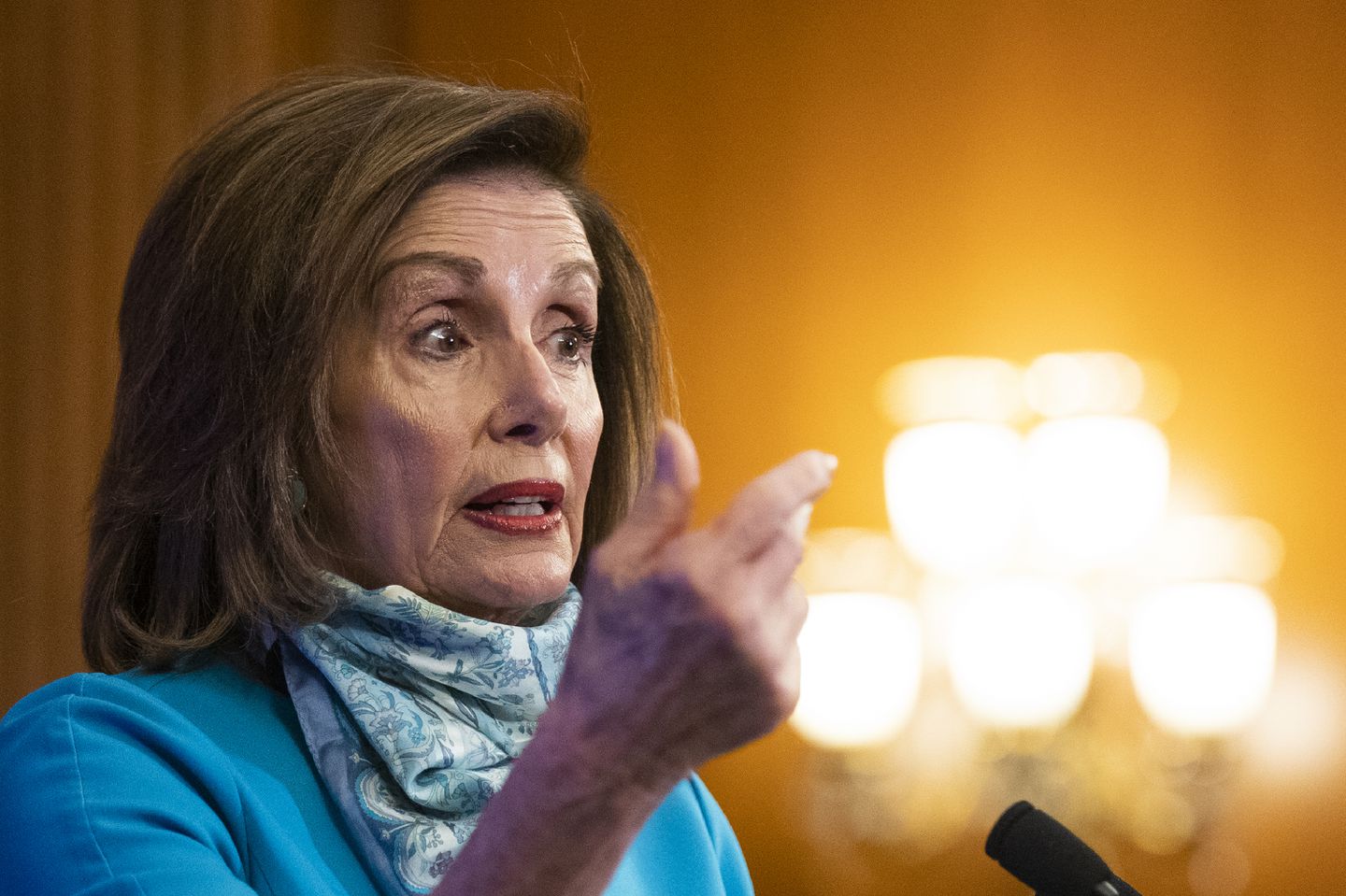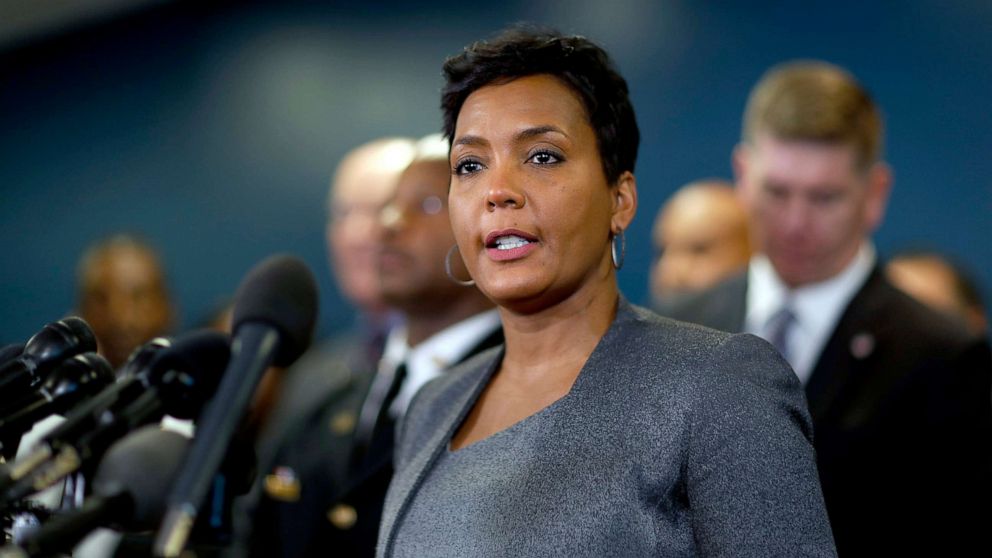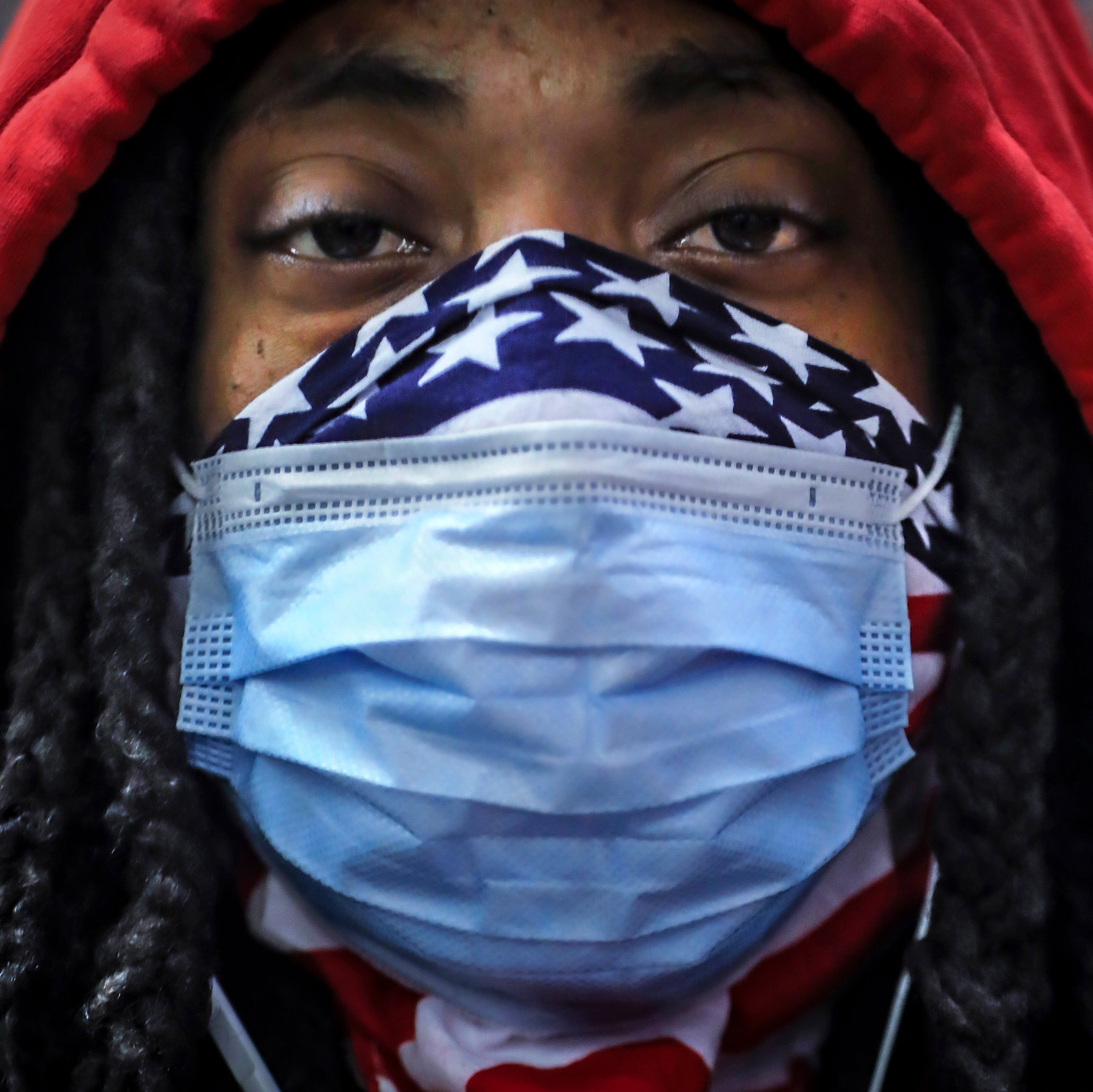
By Jacob Pramuk
- House Democrats release their latest coronavirus relief bill as they try to blunt the pandemic’s effects on the economy.
- The chamber plans to vote on the legislation, which includes relief for state and local governments, direct payments and hazard pay for essential workers, on Friday.
- Republicans, who have downplayed the need for more immediate spending, are unlikely to approve the package in the Senate.
House Democrats released their latest bill Tuesday designed to blunt the coronavirus pandemic’s devastating effects on the economy and health-care system.
Party leaders expect to vote on the more-than-1,800-page package on Friday, along with a plan to allow proxy voting on legislation during the crisis. House Speaker Nancy Pelosi plans to discuss the emergency response package Tuesday afternoon.
It includes, according to a summary:
- Nearly $1 trillion in relief for state and local governments
- A second round of direct payments of $1,200 per person, and up to $6,000 for a household
- About $200 billion for hazard pay for essential workers who face heightened health risks during the crisis
- $75 billion for coronavirus testing and contact tracing — a key effort to restart businesses
- An extension of the $600 per week federal unemployment insurance benefit through January (the provision approved in March is set to expire after July)
- $175 billion in rent, mortgage and utility assistance
- Subsidies and a special Affordable Care Act enrollment period to people who lose their employer-sponsored health coverage
- More money for the Supplemental Nutrition Assistance Program, including a 15% increase in the maximum benefit
- Measures designed to buoy small businesses and help them keep employees on payroll, such as $10 billion in emergency disaster assistance grants and a strengthened employee retention tax credit
- Money for election safety during the pandemic and provisions to make voting by mail easier
- Relief for the U.S. Postal Service
Democrats say rising Covid-19 infection rates and an unemployment rate unseen since the Great Depression require adding to an already unprecedented emergency government response. The new bill is set to cost more than $3 trillion, which easily tops the $2 trillion cost of the late March stimulus package — the biggest emergency spending measure in U.S. history.
If it passes the House, the Democratic-written plan will likely face roadblocks in the Senate. It is unclear when both Democrats and Republicans would sign off on a proposal for more relief, as the GOP downplays the need to spend more federal money on a rescue bill now.
“I’m in constant communication with the White House. If we decide to go forward, we will go forward together,” Senate Majority Leader Mitch McConnell told reporters Monday.
The Kentucky Republican added that he does not believe “we have yet felt the urgency of acting immediately.” He said “that time could develop, but I don’t think it has yet.”
Before the Democratic bill’s release Tuesday, he called it “another big laundry list of pet priorities.”
McConnell has taken issue with Pelosi’s priority of passing relief for state and local governments, which could soon have to scale back payrolls and programs as they spend more money and take in less revenue during the pandemic. Democrats, on the other hand, have opposed the GOP goal of passing liability protections for businesses as they restart in the shadow of the outbreak.
The U.S. now has more than 1.3 million Covid-19 cases, and the disease has led to more than 80,000 American deaths, according to data compiled by Johns Hopkins University.










